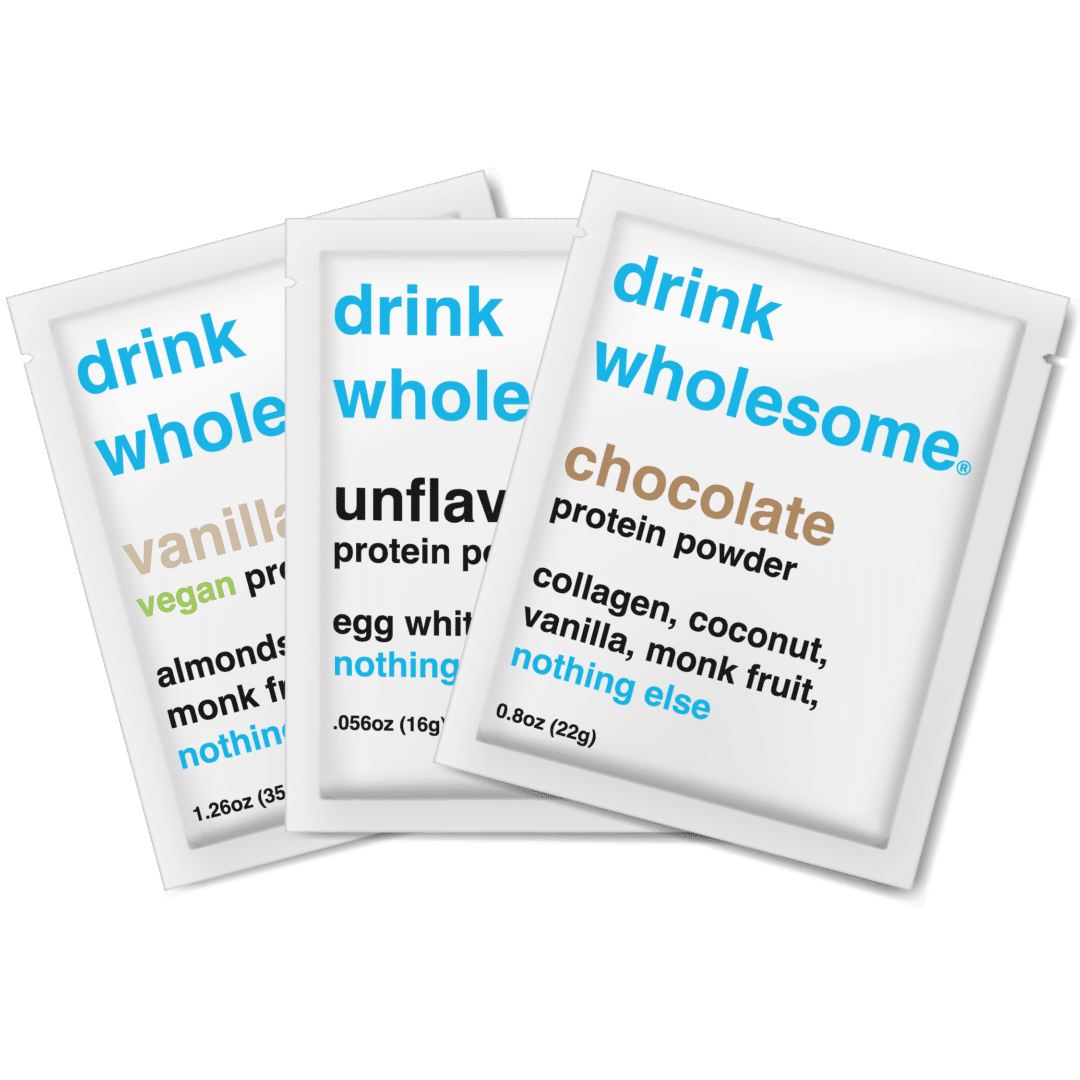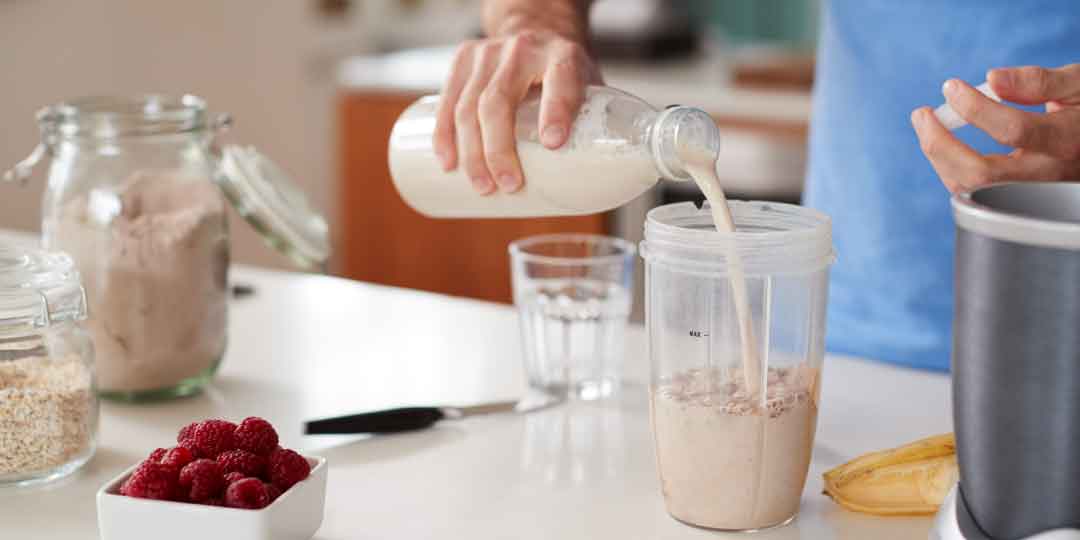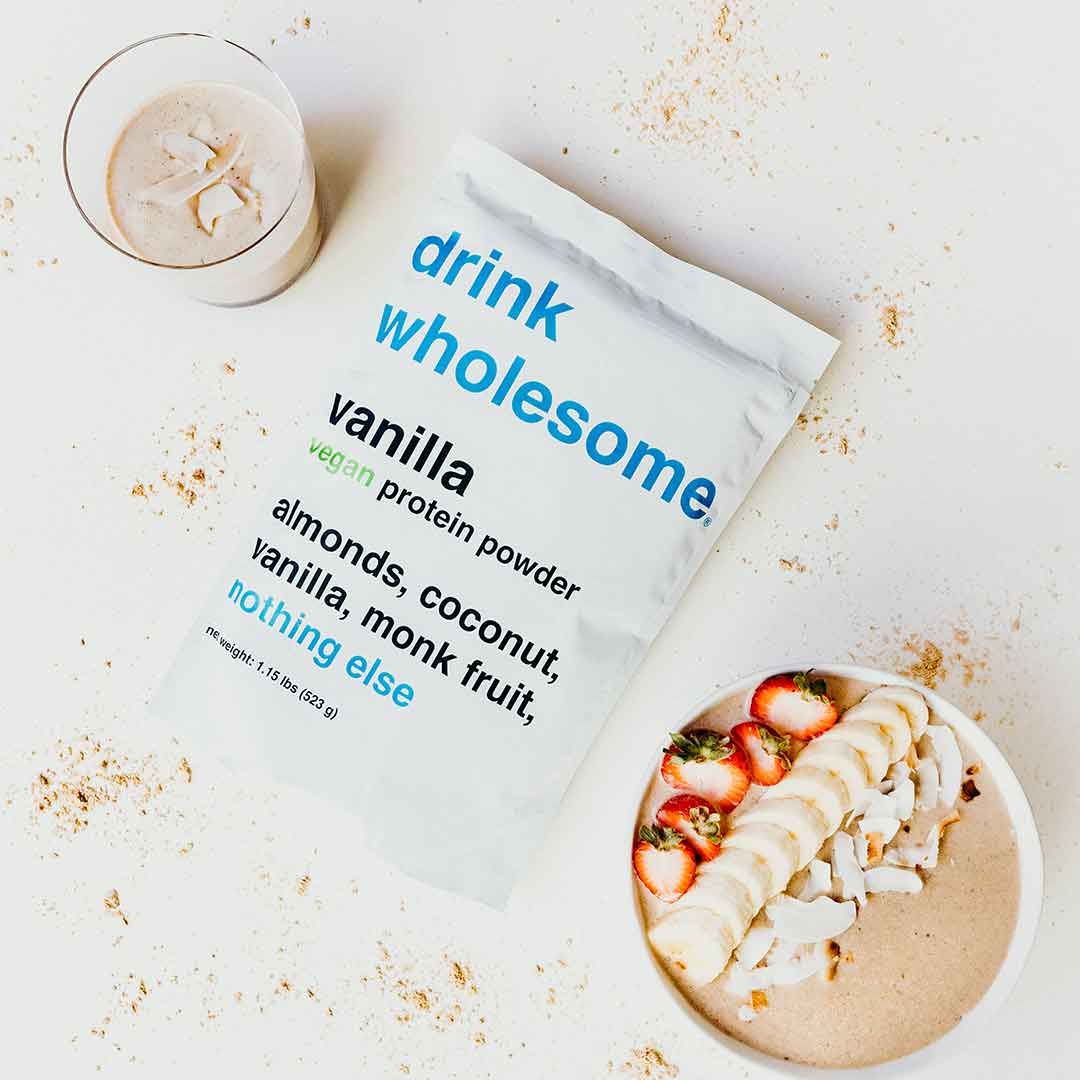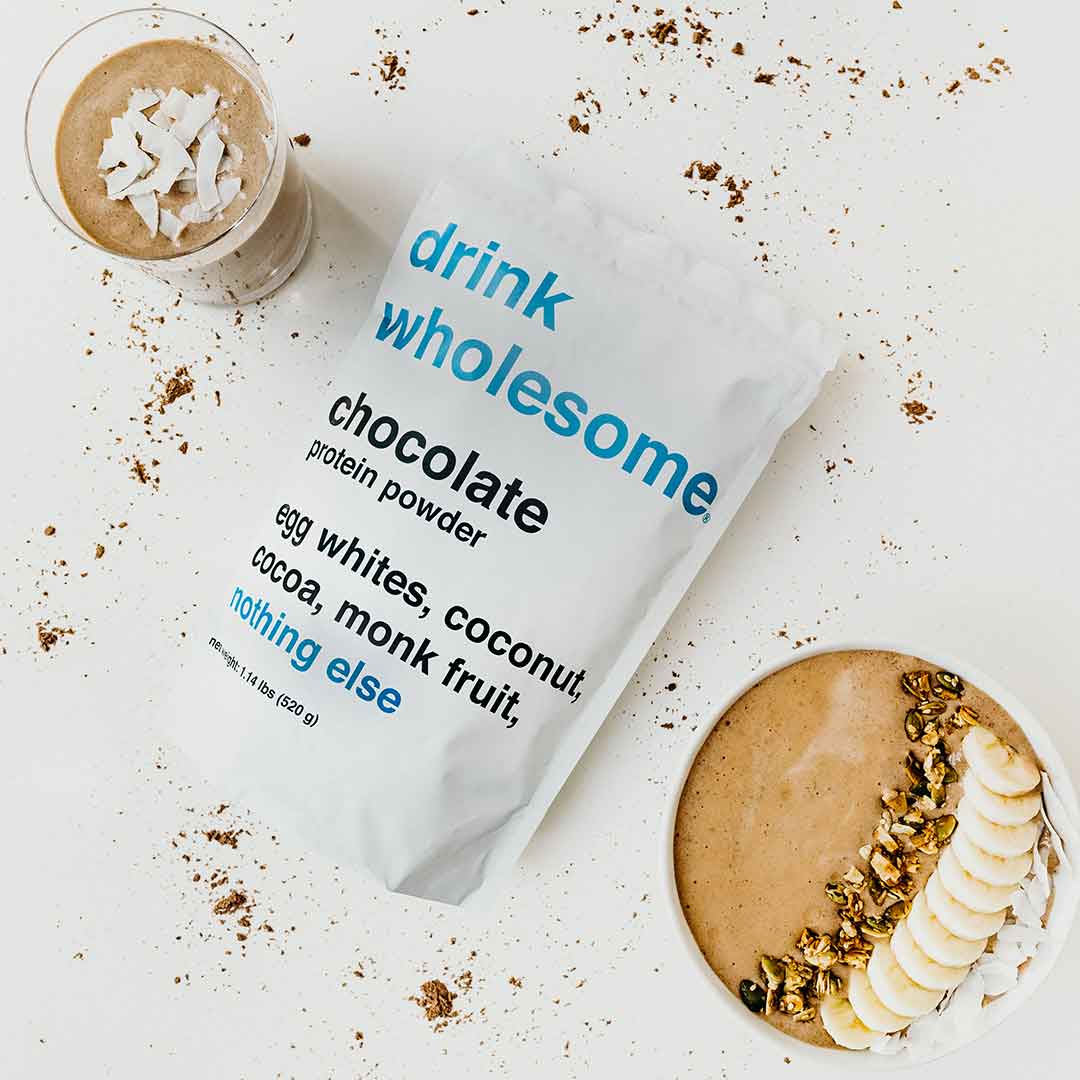One reason why our protein powder does not cause stomach cramps is that it is additive-free. Many other protein powders, on the contrary, contain food additives such as emulsifiers, thickeners, artificial sweeteners, and flavors. Even in small quantities, ingredients like these can cause gastrointestinal (GI) symptoms including bloating, cramps, constipation, diarrhea, and flatulence, particularly for individuals with existing gut issues.
Due to their dissimilarity to real food, additives are only partially digested by the body. Incomplete digestion can lead to two possible outcomes: either the gut absorbs excess water, causing diarrhea, or the additives feed the bacteria in the gut, which release gas. Excessive gas in the gut can result in painful symptoms such as cramping, and even cause constipation.
Here is a list of the most common food additives in protein powder:
acacia gum, acesulfame potassium, artificial flavors, aspartame, carrageenan, cellulose gum, dextrin, dextrose, erythritol, gellan gum, guar gum, gum arabic, inulin, locust bean gum, “natural” flavors, maltodextrin, rice syrup solids, soy lecithin, silica, sucralose, sunflower lecithin, xanthan gum, xylitol
It is highly likely that you incorporate a protein shake into your daily routine. Consider how quickly small amounts of additives can add up as a result. Regardless of whether you have gut issues or not, the regular consumption of food additives can disrupt regulatory pathways within the intestines. This, in turn, increases the likelihood of developing inflammatory bowel disease (IBD) and various systemic inflammatory disorders.
Furthermore, food additives, particularly artificial sweeteners, have the potential to disrupt the delicate balance of the gut microbiome, a community of microorganisms that help with digestion. Over time, this can impact your ability to digest food and absorb nutrients.













